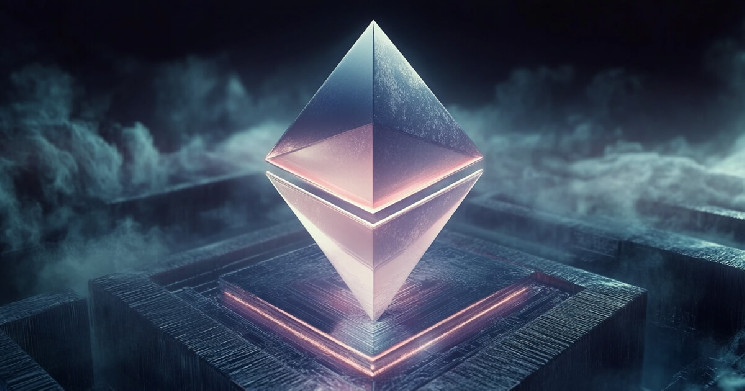The article discusses the challenges and potential solutions for verifying zero-knowledge proofs (zk-proofs) on the Ethereum network. Despite the progress made in improving the Ethereum network, congestion and high gas fees still pose problems for scalability. Zero-knowledge proofs offer a way to move computation offchain while ensuring data accuracy, but verifying these proofs can be expensive. The author introduces zkVerify, a modular proof verification solution that can significantly reduce verification costs. While larger Layer 2 solutions prefer verifying all ZK proofs on the same chain, smaller rollup-as-a-service providers find value in offchain proof verification. There are debates about security and cost efficiency between onchain and offchain proof verification. The article also highlights Ethereum's limited compatibility with zero-knowledge elliptic curves and the need for an overhaul of the Ethereum Virtual Machine (EVM). The author explains that Horizen Labs offers zkVerify and is building an EVM-compatible chain to support the latest zero-knowledge precompiles, providing developers with more options for zk-proof verification. The goal is to evolve the EVM with zero-knowledge proofs to improve scalability and efficiency before the next wave of adoption.
 Content Editor
( cryptoslate.com )
Content Editor
( cryptoslate.com )
- 2024-10-05
Why Ethereum’s next step is zero-knowledge

 Esponel (es)
Esponel (es) Türkçe (tr)
Türkçe (tr) Russian (ru)
Russian (ru) 한국인 (kr)
한국인 (kr) Italiano (it)
Italiano (it) हिंदी (in)
हिंदी (in) عربي (ar)
عربي (ar) Français (fr)
Français (fr) Deutsch (de)
Deutsch (de) 日本 (jp)
日本 (jp) 中国人 (cn)
中国人 (cn)